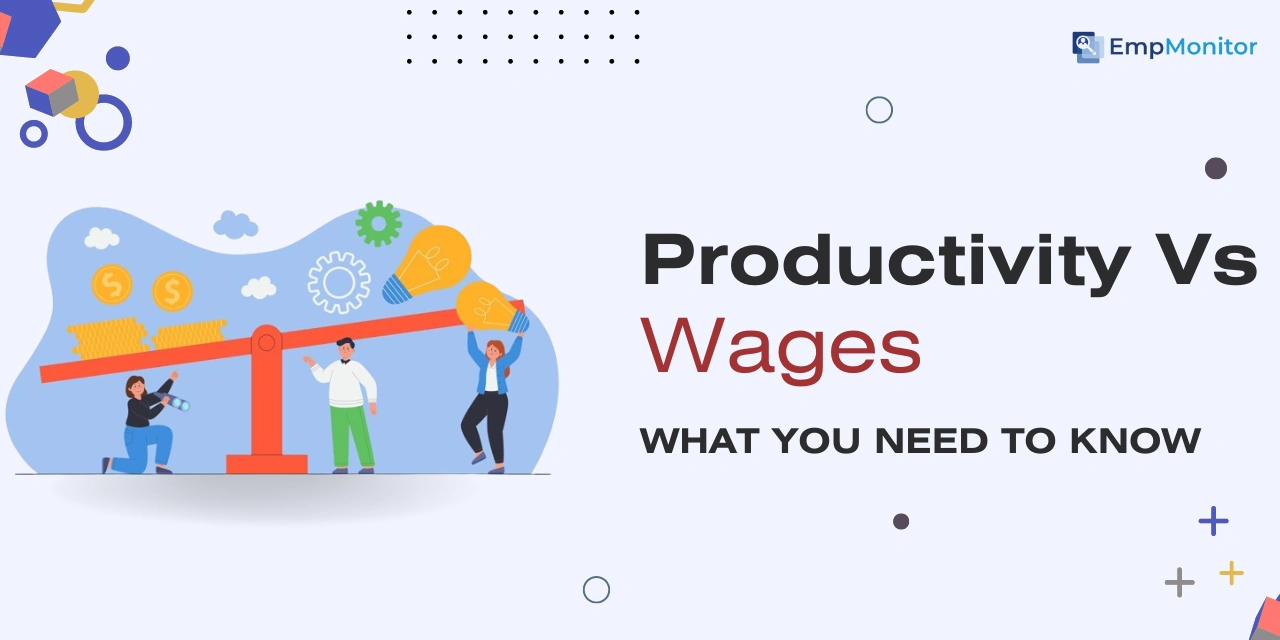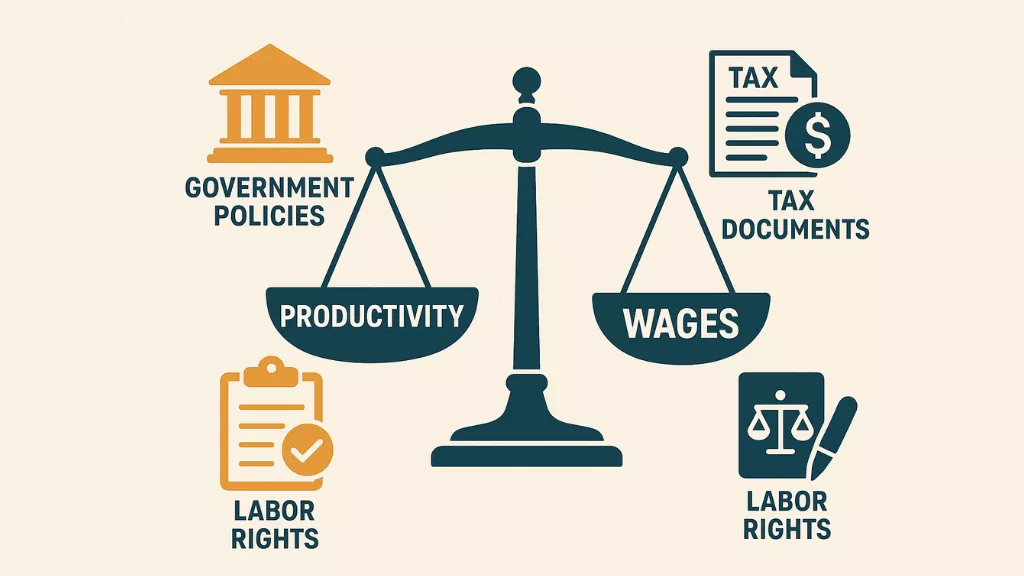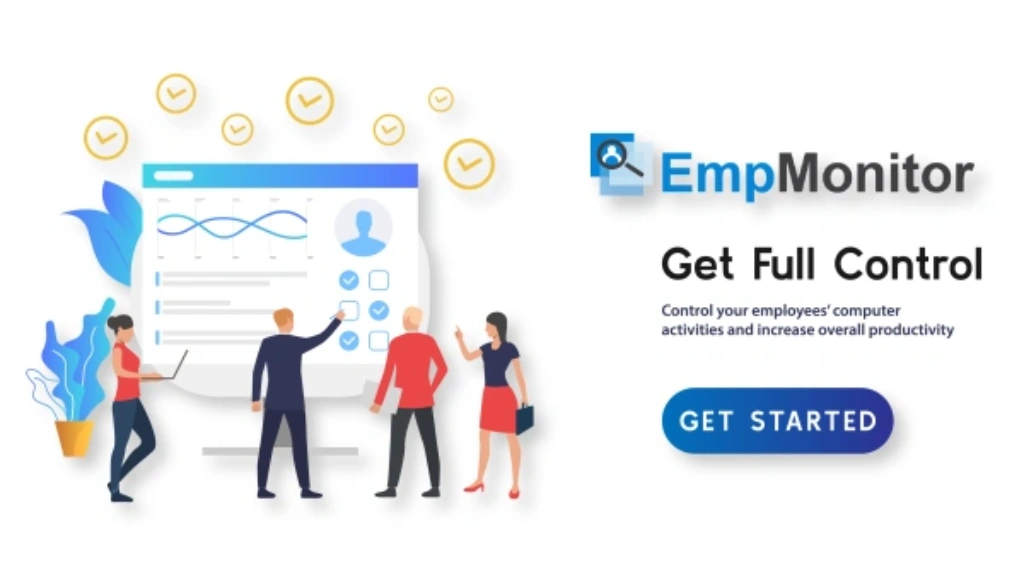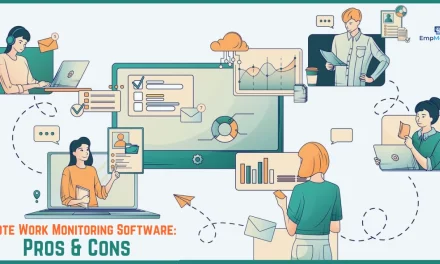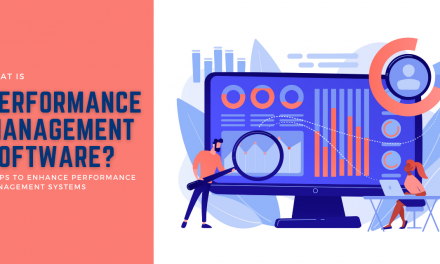The relationship between how much employees produce and how much they earn has long shaped the foundation of modern economies. For years, productivity and wages moved together—rising output meant better pay. But since the 1970s, this link has weakened, creating a growing divide between business performance and employee compensation.
This Productivity vs Wages gap isn’t just an economic concern; it affects morale, fairness, and long-term growth. When productivity increases without matching wage growth, it challenges both workers’ well-being and organizational stability. Understanding this balance helps businesses build a more motivated workforce and a sustainable growth model.
Hit ‘Play’ Button & Tune Into The Blog!
What do you mean by Employee Productivity and Its Importance?
Employee productivity describes the efficacy and efficiency with which a worker completes assignments and meets deadlines. It is a measurement of an employee’s production or results compared to the resources or input they use. Productive employees can produce better work, complete more tasks, and enhance organizational success.
An employee’s skills and abilities, motivation, workload, work environment, tools and resources available, and management techniques are all factors that affect how productive they are. Businesses frequently use tactics, including offering chances for training and development and rewarding and incentivizing exceptional performance. They are streamlining workflow processes, and cultivating a happy and encouraging work environment to improve productivity.
In context with productivity vs wages, Monitoring employee productivity is crucial because it ensures that workers complete tasks quickly and effectively. By tracking productivity, companies can identify how long it takes employees to finish projects and whether they consistently meet deadlines. This information helps pinpoint areas for improvement. Additionally, productive employees can prioritize their responsibilities successfully and maintain a strong focus on their work.
Also Read:
08 Tips To Improve Productivity In The Workplace
Why Companies Should Adopt Evolving Productivity Tools To Stay Competitive
EmpMonitor- The Best Workforce Management Software
EmpMonitor is a robust and reliable employee monitoring tool that can monitor your workforce, helping you track employee computer activity.
With over 500k+ employees tracked across 100+ countries, EmpMonitor serves its features across various business aspects like IT Industry, Banking, Healthcare, Education, etc.
It provides some key features like monitoring team performance, managing a distributed workforce & enhancing security measures that help increase productivity at work.
Considering the concept of productivity vs wages, EmpMonitor offers a variety of features.
Project Management
EmpMonitor helps you to assign tasks to your team especially in productivity vs wages, monitor their work, and manage the entire project from start to end. It lets you get a clear picture of the project work, ensuring the team is productive and in the right direction.
Productivity Tracking
This software delivers visibility into the employee working hours, helping you get a clear view of whether employees are proactively engaged while being productive. The in-depth categorized data of employee working hours, productivity, and ideal hours will help you increase workflow efficiency and create a well-functioning team to meet your business’s target goals.
Task Handling and Subtask Creation
So, for productivity vs wages, this workforce management software manages tasks with CRUD(Create, Read, Update, and Delete) operations effortlessly, including fetching, searching, filtering, and generating reports.
Moreover, it breaks down the tasks into subtasks for unparalleled project control and tracking, ensuring no detail is overlooked.
Automated Reports
EmpMonitor is a workforce management software that provides detailed time reports and actionable insights with the help of advanced timesheets contributing to the company’s growth. It also helps in maintaining payroll data and accurate billing.
Attendance Logs
EmpMonitor helps you keep a record of the exact login and logout time of your entire team for the last 7 or more days as per your requirement through this time and attendance tracking software. It helps you accurately track the working hours of each employee. It also helps in streamlining the billing process.
Advanced Admin Control
Admin control is an excellent feature for managers in EmpMonitor. It helps the admin to check every minute of the work schedule. Whether they are online or offline, it shows up on their screen.
Based on that, the admin can access the situation and keep track of ongoing work, focusing on overall improvement. Managers can also set rules for different kinds of work to get all the data in one place.
Intelligent Alert Feature
EmpMonitor, being one of the best time-tracking software, provides an intelligent alert feature that sets alerts for specific employee behavior. It prevents malicious and unproductive activities during work hours.
Productivity vs Wages Growth
The relationship between productivity and wage increase is very essential. Wage growth represents the cumulative financial benefits that employees have accrued over time, whereas productivity evaluates the effectiveness and output of labor. The interplay between these variables affects employee opportunities for promotion, job happiness, and financial well-being.
Significance of Productivity
Evaluations of employees’ work performance, prospects for professional progression, and income possibilities can all be directly impacted by productivity. Incentives like wage raises and promotions are frequently given to staff members who continuously exhibit high levels of productivity.
Furthermore, for productivity vs wages, increased productivity creates a sense of purpose and success, raising job satisfaction.
The Expectation of Wage Growth
In productivity vs wages, wage increase is a question of justice and equity, including economic necessity. Workers anticipate receiving just compensation for the productivity and profitability they have brought to the company. Employees may feel underappreciated, demotivated, and disengaged from their work when earnings fall behind productivity advances.
What Do You Mean by Productivity- Pay Gap?
When worker productivity rises at a significantly different rate than wages, this is the productivity pay gap. It highlights how salaries have not kept up with productivity, which has left the average worker well behind.
Companies directly benefit from the productivity gap since, predictably, corporate earnings tend to scale with or faster than productivity.
Does Productivity Increase With Higher Wages?
So, in the context of productivity vs wages, some people think that productivity rises with increasing wages. According to their logic, those who receive higher compensation are more driven to do well at work. Some evidence in favor of this theory is as follows:
Higher-paid workers are free to concentrate on their work rather than their financial situation.
Higher-paid workers can utilize their extra cash to learn new skills that will increase their productivity and enable them to apply for positions with greater responsibility and pay.
Offering higher wages to staff members draws in top applicants who boost output across the board for the business.
People will become more productive if they stay with the same company for years or decades since they tend to hold employment that pays well.
Reducing the amount of resources spent on recruiting applicants who require training programs is the result of a decreased attrition rate.
Raising employee compensation may help a business’s bottom line and productivity.
A few companies understand the benefits of paying their staff adequately. Some employees prioritize minimizing payroll expenses, even if it means forgoing the advantages of heightened productivity.
What Happens to Wages with Rising Productivity?
An increase in productivity may prompt businesses to think about raising wages. It is so that workers may complete more work in the same amount of time due to increased productivity. “Hey, if my workers are doing more, they deserve to earn more,” may be an employer’s thought.
However, there are instances in which people perform more work but receive a flat income. There are several possible causes of this. One explanation could be that employers fail to understand productivity vs wages growth. They may be unaware that their employees are more productive when working harder or doing better.
Increased productivity does not always translate into good worker wages. It depends on several variables, such as how employers understand the relationship between salaries and productivity, the market for the goods that employees produce, and the laws and policies that control the interactions between employers and employees.
Key Factors Behind The Productivity vs Wages Disparity
Understanding why productivity and wages have drifted apart requires a closer look at how global and economic shifts have shaped the workforce over time. While productivity has surged due to technological innovation, automation, and improved work processes, employee compensation hasn’t always caught up. The Productivity vs Wages gap reflects deeper structural issues that influence how the benefits of progress are distributed across society.
Here are some of the key reasons behind this growing divide:
-
Globalization: The rise of international trade has allowed companies to shift production to regions with lower labor costs. While this increases overall productivity and profits, it often leads to wage stagnation in higher-cost economies.
-
Automation and Technology: Machines and software now perform tasks that once required human effort. Although this drives output and efficiency, it reduces the demand for certain job roles, keeping wages flat for many workers.
-
Inflation and Cost of Living: Even as workers become more productive, inflation erodes purchasing power. The real value of wages often fails to match the rise in essential expenses, widening the Productivity vs Wages gap.
-
Policy Shifts and Labor Regulations: Tax reforms, weakened collective bargaining rights, and reduced union influence have limited workers’ ability to negotiate higher pay in proportion to their output.
-
Income Inequality: A growing share of profits is concentrated among top executives and shareholders rather than distributed to employees. This imbalance amplifies the difference between productivity gains and wage growth.
These factors collectively explain why rising productivity hasn’t translated into equal financial rewards for workers. It’s not merely an economic statistic—it’s a reflection of how modern labor systems prioritize efficiency over equitable compensation. Addressing this imbalance requires not only fair policy changes but also better workforce transparency and accountability. Understanding the Productivity vs Wages relationship helps organizations and policymakers craft strategies that ensure growth benefits everyone—not just a select few.
Policy Factors Affecting Productivity vs Wages
The Role of Labor Policies
Government regulations shape how fairly productivity gains translate into worker income. Strong labor rights and fair employment laws help maintain a balanced link between Productivity vs Wages, ensuring employees benefit from their contribution instead of seeing profits concentrated at the top.
Unionization and Worker Representation
Unions play a key role in negotiating fair pay and working conditions. Economies with active unions often maintain healthier wage growth, while weaker union systems tend to see productivity rise without matching wage increases.
Taxation and Fair Compensation
Tax and fiscal policies influence income distribution across industries. Progressive tax systems and minimum wage support can strengthen the relationship between Productivity vs Wages, while policies favoring corporate tax breaks often widen the gap.
Creating Sustainable Policy Balance
Ultimately, policies that invest in education, worker protections, and upskilling initiatives ensure long-term economic growth. When governments and organizations align on equitable labor practices, the balance between Productivity vs Wages supports both profitability and social progress.
Wrapping Words
Ultimately, productivity vs wages highlights how crucial it is to have a fair and balanced work environment. We can work toward a future where productivity and salaries align to build a vibrant workforce and economy for everyone by appreciating the importance of employee contributions, emphasizing fair compensation, and supporting policies that foster shared prosperity.
From understanding the essence of employee productivity to exploring the nuances of wage growth, employee productivity tools like EmpMonitor provide a platform for businesses to optimize their workforce management strategies.
While productivity is a cornerstone of efficiency and output, wage growth represents the fair compensation that workers deserve for their contributions. However, wages vs productivity are influenced by various factors such as market dynamics, corporate practices, and labor regulations.

